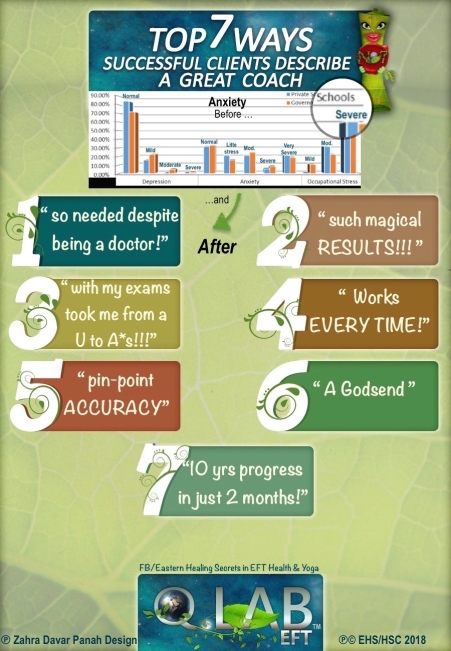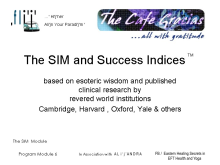
Clear Anxiety COMPLETELY Naturally within 7 MINUTES!
Welcome to All Natural Dr Anni !
For all and ANY ask Anni! button here instead, and links over the images all going to the form - to F&F
Actuality and Factuality
FREE Customisation Tools for A LIMITED PERIOD .
. Available for your phone,
. Customised to your Day
. Inspired to be in flow

The Rediscovered Self
The VERY same child having received a ‘U” , and embarrassing feedback from the head of the department, within ONE MONTH attained what would transpire on results day to be an A*.
The issue was NEVER ability, everything had been done : the research, the preparation, the writing the leg-work, the head-work etc. The busy parent , isn’t skilled in this : doesn’t have time, ability or inclination, and nether are 99% of teachers.
Mediation via Interpersonal Resources
Experiencing and expressing emotions are also likely to influence students’ achievement because of how emotions affect relationships. Emotional expressions that undermine relationships at school, such as angrily shouting at a teacher or peer, can be problematic because the quality of peer and student-teacher relationships is consistently linked to positive educational outcomes (Hamre & Pianta, 2001; Jerome, Hamre, & Pianta, 2009; Ladd, Herald, & Kochel,
Help your children develop healthy habits early in life that will bring lifelong benefits. Be a good role model, make it fun, and involve the whole family in lifestyle changes. Suggested reading
TESTIMONIALS : click to enlarge
Mediation via Motivational Processes
Motivational processes are clearly associated with students’ achievement (Ladd, Birch, & Buhs, 1999; Wigfield, Eccles, Schiefele, Roeser, & Davis-Kean, 2006), and motivation might partially mediate the relations between emotion and achievement. Students prone to anger or anxiety may perform poorly because these emotions decrease their motivation for learning and engaging in classroom activities (Linnenbrink, 2007), which are important predictors of academic success (Wigfield et al., 2006). Negative correlations between students’ proneness to anger or shyness and their classroom participation and school liking also support the consideration of motivational mechanisms as potential mediators (Valiente et al., in press). Consistent with these findings, Heavey, Adelman, Nelson, and Smith (1989) reported that dispositional anger was negatively associated with motivation for on-task performance. In addition, although they did not test mediation, Gilman and Anderman (2006) reported that dispositional anxiety tended to reduce students’ motivation to master a subject, which was positively related to GPA. Sadness and anxiety are part of the withdrawal system and may interfere with learning by causing children to avoid challenging school activities that might involve negative experiences or outcomes (Davidson et al., 2000).
I



